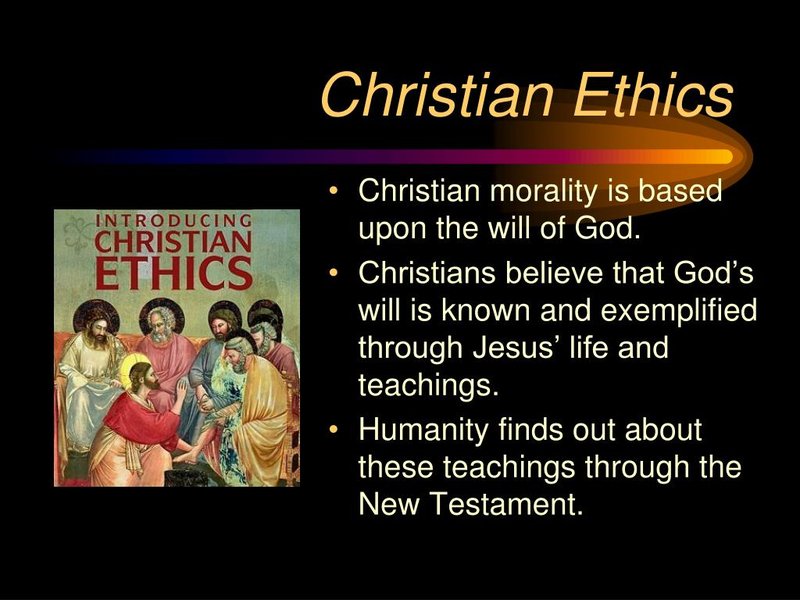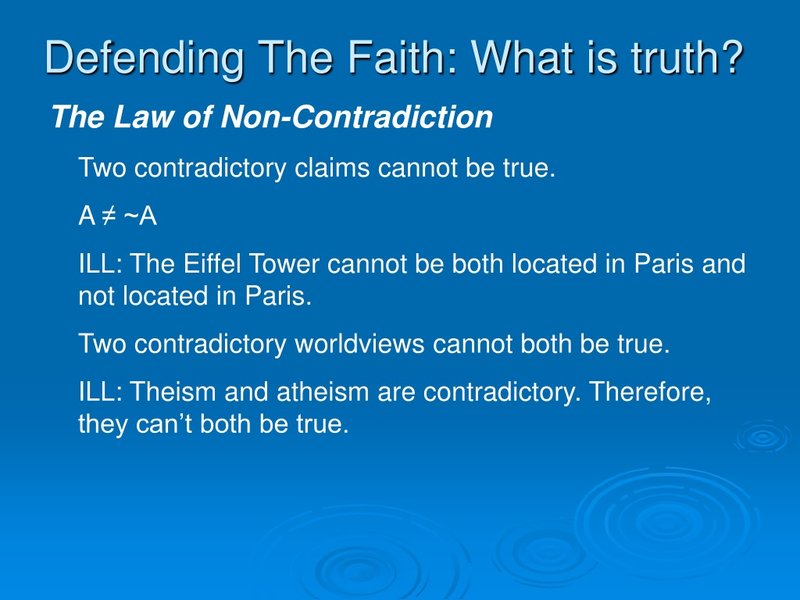· Christian Apologetics · 7 min read
Unveiling Truth: Comparing Major World Religions & Exposing Anti-Christian Lies
Explore the truths of major world religions while debunking anti-Christian propaganda. Evidence of historical Jesus and comparisons revealed. Unveil the reality!

Unveiling Truth: Comparing Major World Religions & Exposing Anti-Christian Lies
Introduction
In a world with numerous religious beliefs, it becomes crucial to understand and compare major world religions. Christianity, one of the largest and most influential religions, has faced its fair share of criticism and misinformation. This article aims to provide an authoritative perspective by delving into the historical evidence for Christianity and addressing anti-Christian lies. By examining key questions about the subject, we will unveil the truth and shed light on the misconceptions surrounding Christianity.
1. How does the historical evidence support the existence of Jesus?
The existence of Jesus is supported by substantial historical evidence. Multiple ancient texts, such as the New Testament gospels, non-Christian sources like Tacitus, Josephus, and Pliny the Younger, attest to his existence. The consistency among these diverse sources bolsters the confidence in Jesus’ historical existence. Additionally, archaeological discoveries have provided further confirmation. For instance, the discovery of ossuaries containing names associated with Jesus’ disciples reinforces the historicity of his followers.
Historian Bart D. Ehrman acknowledges Jesus’ existence, stating that “he certainly existed, as virtually every competent scholar of antiquity, Christian or non-Christian, agrees.” Ehrman himself is not a Christian but recognizes the consensus among scholars regarding Jesus’ historical reality. The evidence for Jesus’ existence is strong and widely accepted within academic circles.
Source: Jesus’ Resurrection: The Case for (And Against) His Rising
2. What are some common misconceptions about Christianity?
Misconceptions about Christianity often arise from misinterpretation or ignorance of its teachings. One common misconception is that Christians worship three separate gods due to the belief in the Trinity. However, Christians believe in one God who exists in three persons: Father, Son (Jesus Christ), and Holy Spirit.
Another misconception is that Christianity promotes blind faith without any evidence. In reality, Christianity encourages the pursuit of knowledge and understanding. Many early church scholars were renowned for their intellectual contributions to fields such as philosophy, science, and theology.
Additionally, some people wrongly assume that Christianity is a religion of intolerance and oppression. While historical events like the Crusades and the Inquisition have tarnished the image of Christianity, they do not represent the core teachings of Christ. Jesus emphasized love, compassion, and forgiveness, and these principles form the foundation of Christian ethics.
Source: Religious perspectives on Jesus - Wikipedia
3. How does historical research contribute to our understanding of Jesus?
Historical research provides valuable insights into Jesus’ life and teachings. Scholars employ various methods to analyze ancient texts and other sources to reconstruct an accurate historical portrait of Jesus. They critically examine multiple attestation and dissimilarities within texts to identify potentially authentic sayings or actions of Jesus.
One prominent historian, N.T. Wright, emphasizes the importance of historical research in understanding Jesus. He argues that the presupposition of historical hypotheses about Jesus led to the development of form-critical and redaction-critical studies. These studies help uncover the core elements of Jesus’ message amidst the diverse traditions that developed over time.
By applying modern methods of historical research, scholars can construct a “historical Jesus” that allows for a deeper understanding of his life and teachings. However, it is crucial to acknowledge that historical research has its limitations, as it can only provide insights into what is probable rather than definitive.
Source: RLST 152 - Lecture 13 - The Historical Jesus | Open Yale Courses
4. Are there similarities between major world religions?
Despite their differences, major world religions share several commonalities. For instance, many religions promote ethical values such as compassion, justice, and honesty. The emphasis on treating others with kindness and respect can be found in Christianity, Islam, Hinduism, Buddhism, and other faiths.
Moreover, religions often address fundamental human questions about the purpose of life, morality, and the nature of the divine. While the specific answers may differ, the quest for meaning and understanding is a universal human experience that transcends religious boundaries.
Christopher Johnson, a clinical professor of sociology, highlights the importance of focusing on these similarities rather than differences. By recognizing the shared beliefs and values among diverse religions, we can foster greater understanding and appreciation for one another’s faith traditions.
Source: World religions share more in common than not, if only one looks … - TXST
5. How can we address anti-Christian lies and misconceptions?
Addressing anti-Christian lies and misconceptions requires a multi-faceted approach rooted in knowledge, understanding, and respectful dialogue. Firstly, it is essential for Christians to be well-informed about their own faith. By studying the Bible, church history, and theological works, individuals can effectively counter false claims and misrepresentations.
Secondly, engaging in respectful conversations with those who hold misconceptions about Christianity can help dispel misunderstandings. It is important to listen attentively to their concerns and respond with patience and empathy. By providing accurate information and sharing personal experiences, Christians can challenge negative stereotypes and foster a more nuanced understanding of their faith.
Additionally, promoting interfaith dialogue and collaboration is crucial in combatting misconceptions. By engaging in meaningful conversations with individuals from different religious backgrounds, Christians can build bridges of understanding and dispel biases through mutual respect and shared experiences.
Source: Heaven And Hell Are ‘Not What Jesus Preached,’ Religion Scholar Says
6. What are the key principles underlying Christian teachings?
Christian teachings are centered around love, compassion, forgiveness, and justice. Jesus emphasized the importance of loving one’s neighbor as oneself, even extending love to enemies. Christians believe that God’s love is the foundation of their faith and that they should reflect this love in their interactions with others.
Forgiveness is another key principle in Christianity. Jesus encouraged his followers to forgive others, just as God forgives them. Christians strive to extend forgiveness and seek reconciliation, recognizing that forgiveness can bring healing and restoration to relationships.
Justice is an integral part of Christian teachings. Christians are called to advocate for the marginalized and oppressed, following Jesus’ example of standing up against injustice. The pursuit of justice includes addressing systemic issues and working towards a more equitable society.
Source: Jews, Christians, and Muslims: Historical Conflicts and Challenges
7. How does Christianity promote intellectual growth and exploration?
Christianity has a rich tradition of intellectual growth and exploration. Throughout history, many Christian scholars have made significant contributions to various fields such as philosophy, science, literature, and art. The belief that all truth ultimately originates from God encourages Christians to engage with the world and pursue knowledge.
Theologians like Thomas Aquinas integrated philosophical ideas into Christian theology, establishing a strong connection between faith and reason. They recognized the value of intellectual inquiry in deepening one’s understanding of God’s creation. Today, Christian universities, colleges, and think tanks continue to foster intellectual growth within a faith-based context.
Christianity also encourages believers to critically examine their own faith. Questioning and seeking answers through study and reflection are seen as necessary for personal growth and a deeper relationship with God. Intellectual exploration within the framework of Christianity helps individuals develop a robust understanding of their faith.
Source: Nature of Evidence in Religion and Natural Science
8. What are the implications of anti-Christian persecution?
Anti-Christian persecution has significant implications for individuals, communities, and societies at large. It denies individuals the freedom to practice their faith and can lead to physical harm, discrimination, and social exclusion. The persecution of Christians not only violates their human rights but also threatens the principles of religious freedom and diversity.
Furthermore, anti-Christian persecution hinders social cohesion and peaceful coexistence among different religious groups. By targeting Christians, it creates a climate of fear and hostility that can spill over into broader interreligious tensions. Promoting religious tolerance and addressing persecution is crucial for fostering harmony within diverse societies.
Organizations like Open Doors provide support for persecuted Christians and raise awareness about their plight. By advocating for religious freedom and standing against persecution, individuals and communities can work towards a more inclusive and tolerant society.
Source: Anti-Christian persecution on the rise according to Open Doors
Conclusion
By exploring the historical evidence, debunking misconceptions, and promoting understanding, we can unveil the truth about Christianity. It is essential to rely on credible sources, engage in respectful dialogue, and foster intellectual growth within the framework of Christian teachings. By addressing anti-Christian lies and misconceptions, we can create a more informed, inclusive, and peaceful society that respects the diversity of religious beliefs.



